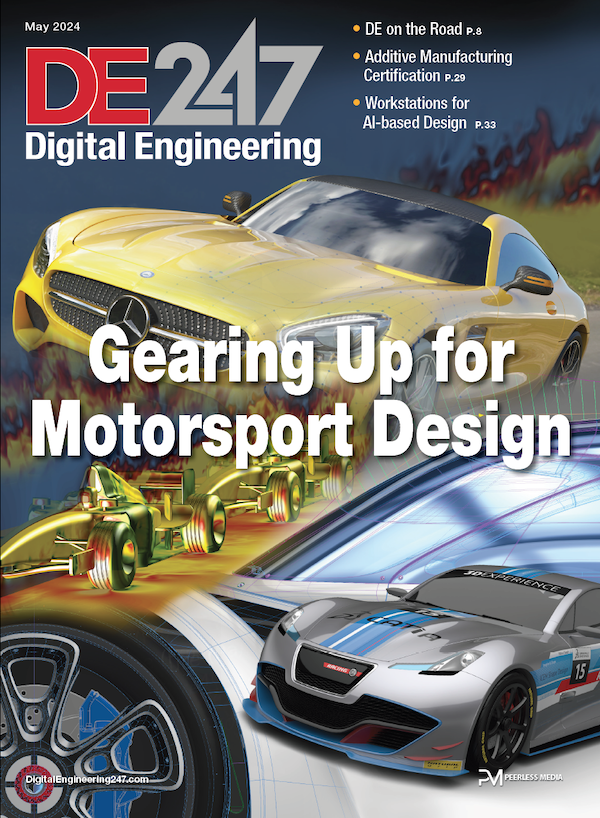
Compute multiple volume and mesh quantities, such as energy and dose deposits, cell flux, collision totals, and more. Image courtesy of Tech-X.
Latest News
March 11, 2020
RSim from Tech-X enables users to set up a simulation for modeling radiation effects via a user-friendly interface. Users can create a geometry from geometry primitives (spheres, cones, boxes, etc.) and boolean operations (intersections, unions) on primitives, or import a CAD file. After creating or importing a geometry, users can assign materials to the geometry, specify common radiation sources, and formulate tallies (dose, fluence, etc.). RSim translates the simulation setup into Geant4 input then runs the simulation.
RSim runs on Linux, macOS, and Windows.
RSim supports Constructive Solid Geometry and CAD, and offers a large material database. Users can visualize all of the elements of the setup (geometries and sources), as well as the simulation results.
Importing CAD Geometry into RSim
RSim imports CAD data in STEP and STL formats and internally translates that data into tessellated (triangulated) surfaces. Surfaces are visualized in the setup window. This internal representation is translated into multiple data structures representing surface and volume meshes. CAD elements can be used for creating arrays and to form Boolean operations between CAD elements and CSG elements.

CAD data can be analyzed and partially healed in RSim. After exporting CAD parts into STL files, RSim will detect the number of closed and open surfaces in the STL data, close detected holes, and export the healed parts in desired formats.
Example Simulations Included with RSim2.0
Energy Deposit Human allows you to record the energy deposition on a human tally from a monoenergetic source of electrons.
Shielded Human: This problem illustrates a common problem, measuring the energy deposited on the head of a human shielded in an aluminum cylinder. The particle source uses a JPL dataset for modeling a mission to Europa, with the normalization computed based on the maximum and minimum integral flux.
Space Radiation Volume: This simulation illustrates how to calculate the total energy deposited on a piece of target silicon shielded in aluminum.
Sources: Press materials received from the company and additional information gleaned from the company’s website.
Subscribe to our FREE magazine, FREE email newsletters or both!
Latest News
About the Author
DE’s editors contribute news and new product announcements to Digital Engineering.
Press releases may be sent to them via [email protected].






